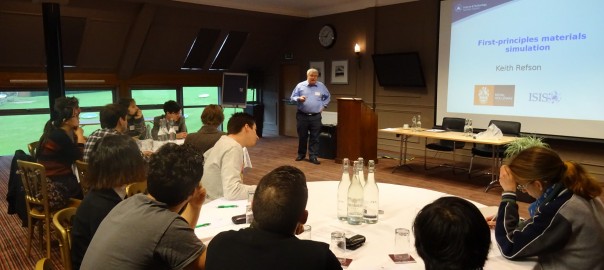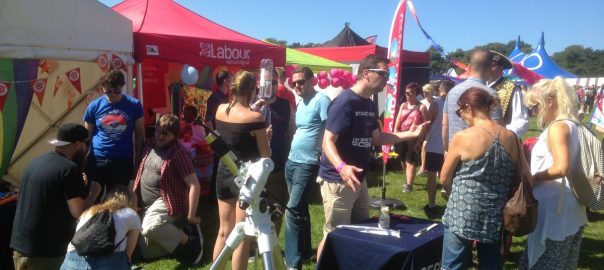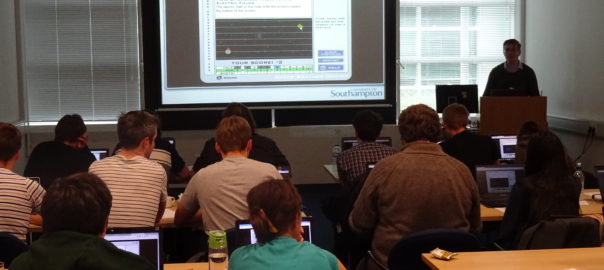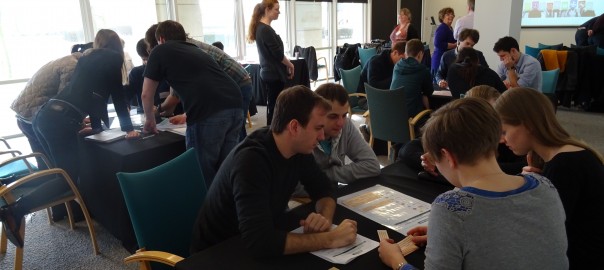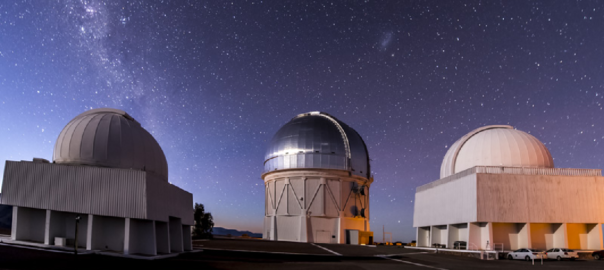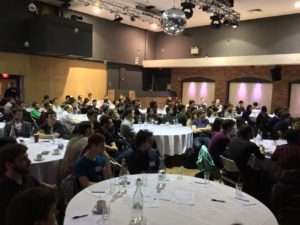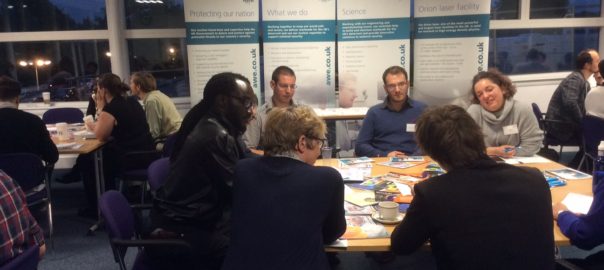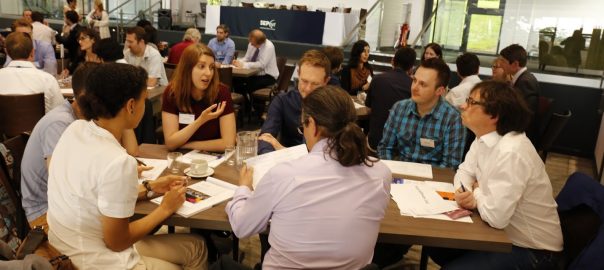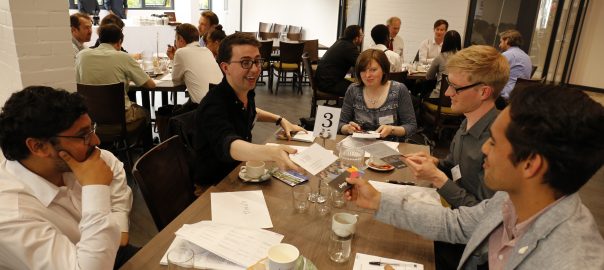Experimental Methods for Condensed Matter 5-7 March 2017
Who: This course is for 1st and 2nd Year Physics postgraduate researchers working in experimental condensed matter physics, and theorists wanting to learn what experimenters can do!
When: Sunday, 5 March to Tuesday, 7 March 2017. Arrival 12:30 on Sunday, 5 March.
Where: Old Thorns Manor Hotel, Liphook, Hampshire, GU30 7PE. All meals and accommodation have been booked and pre-paid by SEPnet. Travel expenses to and from the venue can be claimed through SEPnet. A shuttle taxi service will be provided from Liphook station to Old Thorns on Monday morning and Tuesday evening.
Register here. Registration deadline 30 January 2017
What: A 3-day residential workshop that describes the background science, the methodology, the capability and some dos and don’ts of a range of common spectroscopy, microscopy and characterisation techniques.
This residential school has the joint objectives of reinforcing understanding for students already working with some of the methods discussed and showing what other methods might offer. It will include lectures, tutorials, seminars and other activity sessions on:
- X-ray and neutron scattering
- Optical spectroscopies. A discussion of the basics of optical spectroscopy, spectrometers and spectrographs will be followed by examples of their use in characterising materials by photoluminescence, Raman spectroscopy, absorption spectroscopy, etc.
- Nuclear magnetic resonance. An introduction to how physicists use NMR to measure molecular dynamics and microstructure.
- Electron and atomic force microscopies and surface analysis techniques. These methods enable the imaging of (i) the topography of materials surfaces, (ii) the microstructure of a material, (iii) the defects, such as dislocations, within a material and (iv) chemical analysis. Two sessions explore how these goals are achieved.
This workshop contributes 16 hours towards physics skills training.

